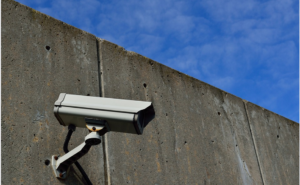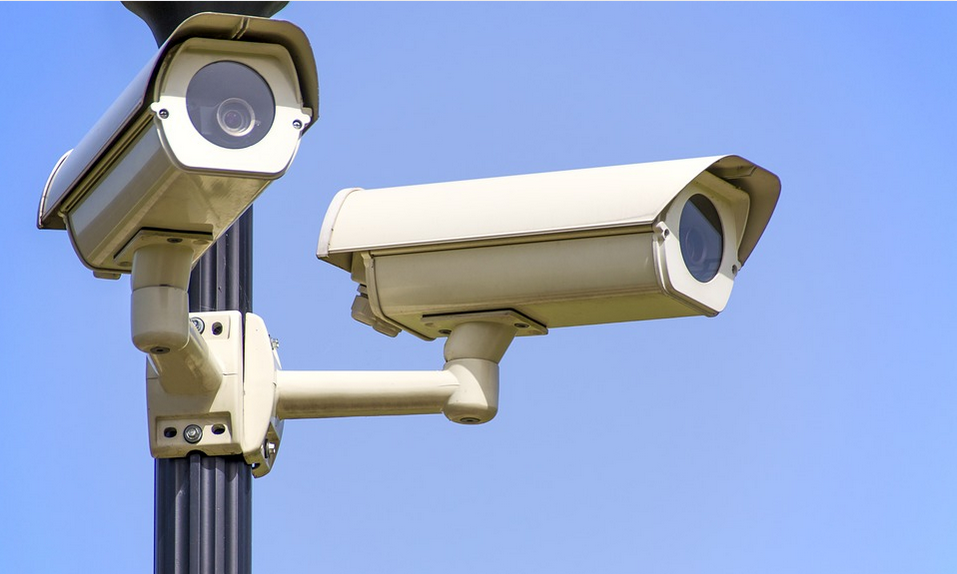If you are looking to improve your home or business place’s security, you need to consider investing in 4K security cameras. And if you have no idea about these cameras and some of the best you can choose, check out this article by John Fox . It has a comprehensive review of some of the best 4K camera systems.
Some of the significant advantages of 4K security systems over the systems with lower resolutions are that they have more data storage, give clearer details, and have improved night vision. Due to better night vision and clearer details, they are more valuable since they can record more details at night when most crimes happen.
Here are some of the things to look out for when choosing the best 4K security cameras:
Consider the Video Output Method
 Because accessing and viewing the footage is crucial with security systems, you have to think about your preferred way of viewing video playback and where the video recording is sent. With so many options of the way videos are stored, it is upon you to choose what works best for you.
Because accessing and viewing the footage is crucial with security systems, you have to think about your preferred way of viewing video playback and where the video recording is sent. With so many options of the way videos are stored, it is upon you to choose what works best for you.
You could choose security camera systems that store video footage in the cloud, and you can view it from your devices like computers, smartphones, and so on. Also, you can choose NVR or DVR models, which come with a monitoring system that receives the video and enable you to view it on a monitor or a television. Moreover, most models have linked apps, some paid-for, and others free to access the camera system from mobile devices.
Check Weatherproof and Vandal-Proof Features
 Most of the time, people use 4K surveillance systems outdoors thus, the cameras are exposed to various weather elements and risks of being vandalized. Therefore, as you buy your 4K cameras, especially for outdoor use, ensure they have professional-grade, top-notch vandal-proof, and weatherproofing design. This ensures they have the level of protection needed for continuous and seamless video surveillance in all conditions, including in high-risk areas.
Most of the time, people use 4K surveillance systems outdoors thus, the cameras are exposed to various weather elements and risks of being vandalized. Therefore, as you buy your 4K cameras, especially for outdoor use, ensure they have professional-grade, top-notch vandal-proof, and weatherproofing design. This ensures they have the level of protection needed for continuous and seamless video surveillance in all conditions, including in high-risk areas.
Consider the Installation Process
The 4K camera security systems have different set-up processes, with some being wired and others plug-and-play systems. Wired systems take a little longer time to set up and have them working, but when installed, they are perfect. Conversely, plug-and-play systems do not need much time because they are power over ethernet (PoE) systems, and you only need to plug an ethernet cable, and you have it working.

